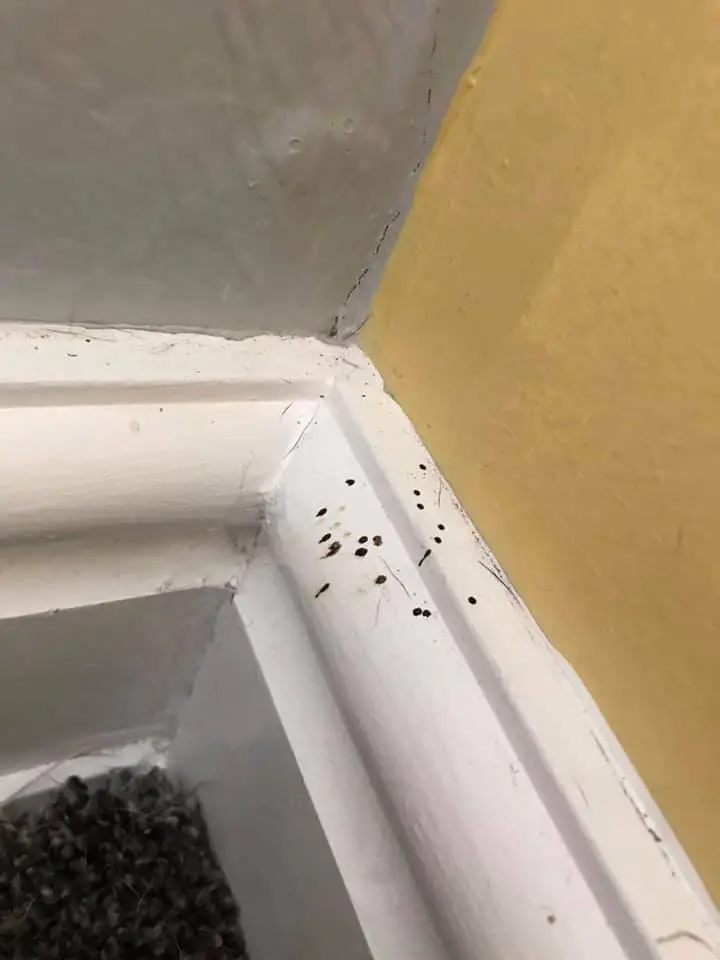Indoor spider presence raises concerns as they may leave waste on objects like pillows, toys, and furniture, posing contamination risks. Regular cleaning of spider-inhabited areas is essential to prevent exposure to harmful microorganisms.
Research by Melissa Gaver-Wainwright, a Washington State University entomology student, explored the health effects of spiders consuming dirt flies. Her findings challenged the notion of harmless spider droppings, revealing potential bacterial presence.

A comprehensive analysis of black widow spider feces showed an absence of pathogens, surprising researchers. Spider venom and blood, containing antimicrobial properties, may contribute to this phenomenon, eradicating various bacteria.
Addressing dirt fly infestations may be more critical than eliminating spiders for safeguarding public health indoors. However, unanswered questions persist, necessitating further research to fully comprehend the implications of spider presence and their droppings.

